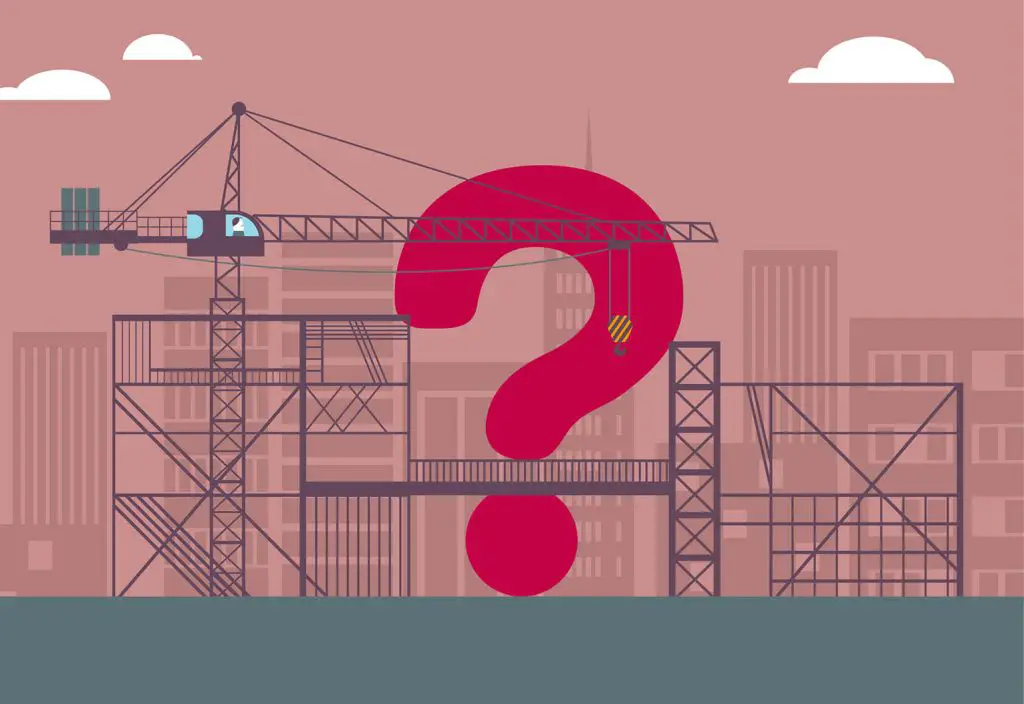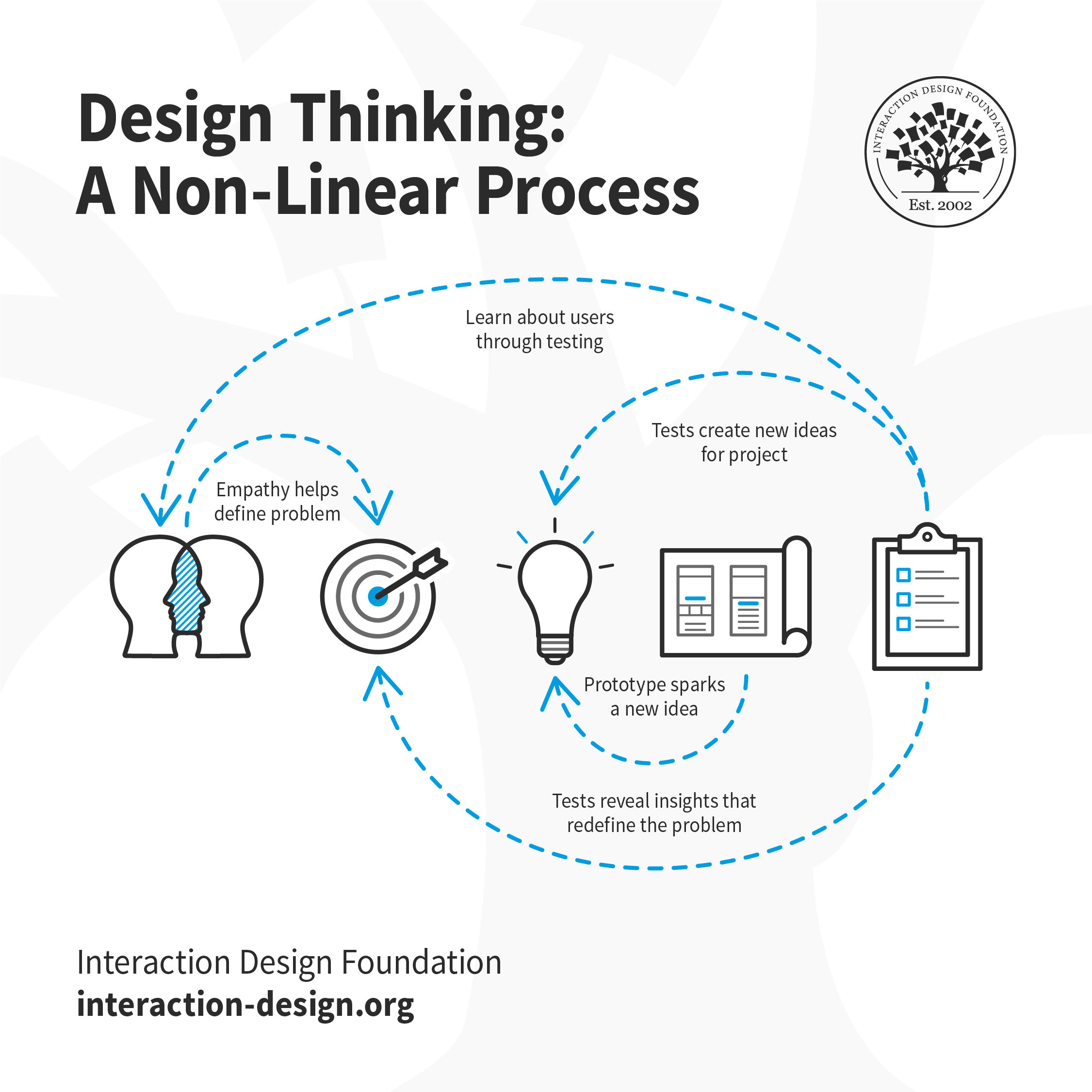Many people confuse programmers with system engineers. Since they often enter the field and work together on the same project, some people don’t know exactly where the clear line is and where the differences in required skills are.
At the actual development site, although there are overlaps in the fields and work content in charge, they are fundamentally different.
Here, let’s take a closer look at the job content, skills, career paths, and annual income of each of these two occupations.
What are a programmer and System Engineer?

Even in the field of IT development, programmers and system engineers are sometimes confused. First of all, let’s take a closer look at what kind of role each occupation has and what kind of skills are required.
The introduction here is only a basic classification. Since some of the work overlaps, please read the commentary keeping in mind that the delineation and classification may differ slightly depending on the project or company.
What is a programmer?
A programmer is a profession that performs programming (development) and testing of completed programs. Based on the design document created by the SE (system engineer) in the upstream process, it is necessary to build the code to correctly reproduce the intention and have the technical ability to achieve accurate operability.
Since it is in charge of the manufacturing process, it belongs to the downstream process, but it can be said that it is indispensable at the development site because it produces various codes necessary for the project.
Design documents often contain only the bare minimum required for a project. From there, the programmer reads the intentions of the designer, the functions that the end user wants, and what kind of thing they are trying to create as a whole, and realizes the desired behavior.
Depending on the skill of the programmer, there will be differences in operability. Code written by less-skilled programmers, even if they appear to perform the same operation, may result in excessive processing that slows down the operation or causes bugs. It is also a position that requires advanced technical skills, a wealth of knowledge, and experience to realize what the SE designed.
After coding, unit test the program to check its operation. Fix any bugs and prepare for integration testing.
What is a system engineer?
A system engineer is a professional that performs requirements definition, basic design, and detailed design. Depending on the project, they may be involved in programming, but since they are responsible for determining the specifications of the entire system, there are system engineers who have little practical experience in programming.
After interviewing the client, we summarize the functions that we want to implement and put them into basic design and detailed design while considering the entire system. Therefore, in addition to the knowledge and technical skills for system design, it is necessary to have communication skills to negotiate with clients and connect downstream processes.
In addition, we are in charge of the integration test that links the programs that have completed the unit test, and the comprehensive test that finally confirms whether there are any abnormalities in the operation of the entire system.
In addition to IT skills, you will be required to create many documents such as requirement definitions, design documents, and test item lists, and to organize within the project you are in charge of. will also be needed.
Difference between programmer and system engineer
What is the difference between a programmer and a system engineer in the field?
We will explain in detail the scope of work that each person is responsible for and the skills that are required.
Because it is a general classification, there are differences depending on the company, the project you are in charge of, and the site, but if you read this explanation, you will understand that programmers and system engineers are “similar but different occupations.”
The difference in the scope of work
The flow from development to delivery of the entire system is broadly divided into seven stages: requirement definition > basic design > detailed design > development > unit test > integration test > comprehensive test > delivery > after-sales follow-up.
Of these, system engineers are responsible for detailed design in the first half and after-sales follow-up from integration testing in the latter half, and programmers are in charge of development and unit testing. System engineers may be responsible for part of the development and unit testing, but basically, this is the work of programmers.
It is easy to understand if you think of a system engineer as a programmer who creates a detailed program according to the system engineer’s blueprint and finally assembles it.
It is said that the time required for development is 30-40% for requirements definition and design, around 40% for development, and around 20% for testing. There is not much difference between system engineers and programmers when it comes to working hours.
Differences in required skills
The skills required for each are as follows:
What skills are required for programmers?
Programmers are required to have more advanced programming skills than system engineers. In addition, a deep knowledge of languages and a sensitive antenna for the latest development knowledge are required. In addition, schedule management skills are essential to meeting deadlines.
In development, I am in charge of the downstream process, but there is no hierarchical relationship with the system engineer. As a programming expert, I also advise system engineers on the design aspect of whether implementation is possible.
・What are the skills required for a system engineer?

In addition to skills in programming languages, system engineers are required to have the latest information on language trends, knowledge to determine what can be implemented using that language, and how to reproduce customer requests.
In addition, it is necessary to have communication skills for interviewing and negotiating with clients, cooperation with on-site programmers, and management skills for coordinating projects.
Differences in career paths
Programmers not only hone their programming skills, but also have a career path that utilizes their field experience to advance to management positions such as system engineers, project leaders, project managers, or freelance engineers.
Since it is a technical job with specialized knowledge, it is also a job that makes it easy to become independent and freelance and choose a free work style.
System engineers also have a career path to improve their management skills and communication skills and reach a management position. In addition, depending on whether or not you have development skills, you can also obtain a national qualification such as a system audit engineer, and proceed to a consulting job.
Know the difference between a programmer and a system engineer and choose the path that suits you!
Did you understand that programmers and system engineers are “similar but different” professions, even though they are in the same IT development field?
Programming languages and skills give programmers more career path options, but it’s better to choose a job that fits your aptitude.
It is important to make the most of your skills and abilities and build up your career without overdoing it.
Visit the Facebook page Xtreme Techy if you’re ever interested in corresponding topics.
Related Articles>> [How is it different from freelance? ] Advantages and disadvantages of engineers working as nomads



